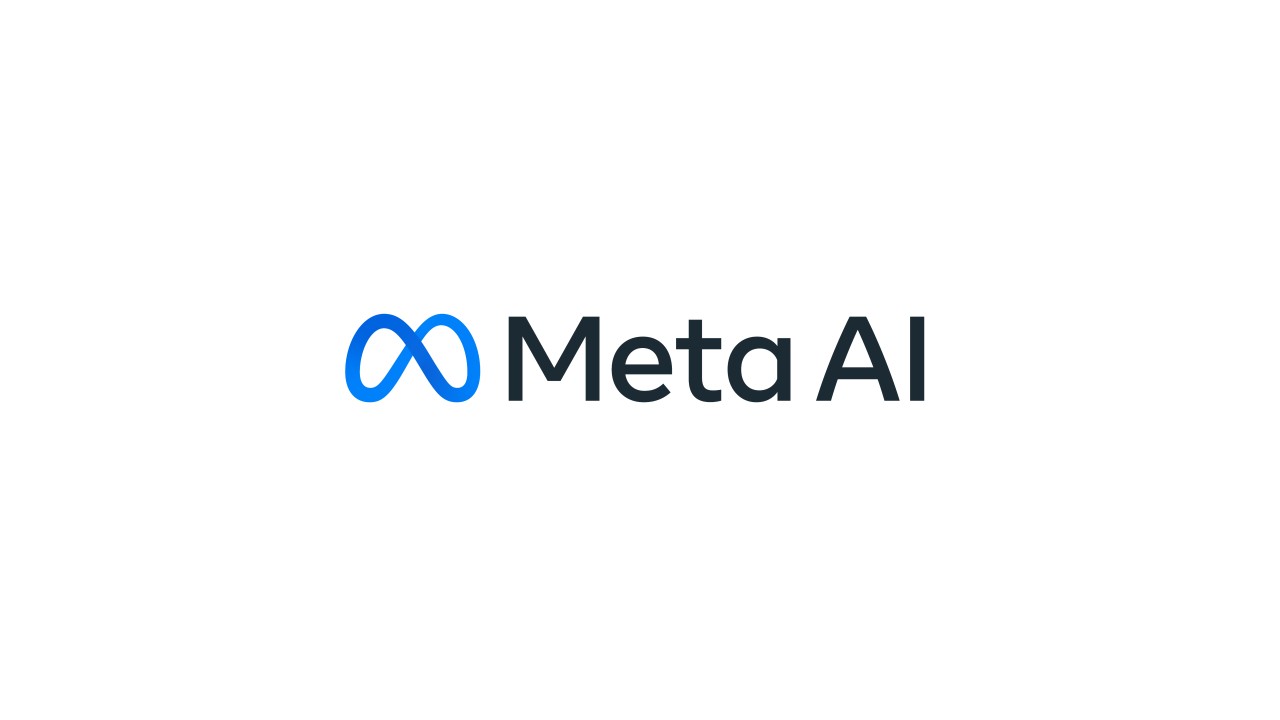
Meta AI: A New Horizon in Artificial Intelligence
Artificial Intelligence (AI) has been a transformative force in various industries, revolutionizing how we work, communicate, and live. One of the latest advancements in this field is Meta AI, a cutting-edge approach that promises to take AI to new heights. Let’s delve into what it is, how it works, and its potential impact on the future.
Contents
What is Meta AI?
Meta AI, short for “Meta Artificial Intelligence,” goes beyond traditional AI by incorporating meta-learning principles. Meta-learning involves learning to learn, where a system learns how to adapt and improve its learning process over time. In the context of AI, this means that this system can quickly adapt to new tasks and environments, requiring less human intervention for training and optimisation.
How does it work?
Meta AI leverages advanced machine learning algorithms, such as deep learning and reinforcement learning, to achieve its capabilities. These algorithms are designed to enable the system to learn from data and experience, much like humans do. However, what sets Meta AI apart is its ability to generalize this learning to new tasks and scenarios.
One key component of Meta AI is its use of “meta-knowledge,” which refers to knowledge about how to learn. This meta-knowledge allows the system to efficiently adapt its learning strategy based on the specific task or environment it is presented with. For example, if this system encounters a new problem, it can leverage its meta-knowledge to quickly determine the best approach to solving it without needing extensive training data.
Potential Applications of Meta AI
The potential applications of Meta AI are vast and varied, spanning across industries such as healthcare, finance, autonomous systems, and more. Here are a few examples of how it could be used:
- Healthcare: Meta AI could be used to develop personalized treatment plans for patients based on their unique medical histories and genetic profiles. It could also help in medical image analysis, improving the accuracy and speed of diagnoses.
- Finance: In the finance sector, Meta AI could be used to analyze market trends and make real-time trading decisions. It could also be used for fraud detection and risk management, improving the security and efficiency of financial transactions.
- Autonomous Systems: Meta AI could enhance the capabilities of autonomous vehicles, allowing them to adapt to changing road conditions and navigate complex environments more effectively. It could also be used in robotics for tasks that require learning and adaptation, such as object manipulation and navigation.
- Natural Language Processing (NLP): In NLP, Meta AI could improve language translation, sentiment analysis, and chatbot interactions by better understanding context and nuances in human language.
How do I use it?
Using Meta AI involves understanding its principles and applying them in the development and deployment of AI systems. Here’s a general overview of how it can be used:
- Understanding Meta-learning Principles: To use Meta AI, it’s essential to understand the principles of meta-learning. This includes understanding how to design algorithms that can learn from a variety of tasks and adapt to new tasks efficiently.
- Designing Meta AI Algorithms: Develop algorithms that incorporate meta-learning principles. These algorithms should be able to learn from a set of base tasks and generalize this learning to new tasks. This may involve designing algorithms that can learn a good initial representation of data, adapt quickly to new data, and make efficient use of computational resources.
- Training Meta AI Systems: Train your Meta AI system using a diverse set of tasks and environments. This will help the system learn how to adapt to new tasks and generalize its learning. It’s important to use a large and diverse dataset to ensure that the system can learn effectively.
- Fine-tuning and Optimization: Once this system is trained, fine-tune it on specific tasks or environments to improve its performance. This may involve using techniques such as reinforcement learning or evolutionary algorithms to optimize the system’s parameters.
- Deployment and Integration: Deploy this system in your desired application or environment. Ensure that it is integrated seamlessly with other components of your system and that it can adapt to new tasks or environments as needed.
- Monitoring and Maintenance: Monitor the performance of your Meta AI system over time and make updates or modifications as necessary. This may involve retraining the system on new data or fine-tuning its parameters to improve performance.
- Ethical Considerations: Consider the ethical implications of using it, such as ensuring transparency and fairness in decision-making. It’s important to be aware of potential biases in the data and algorithms used in your system and take steps to mitigate them.
When is the Meta AI chatbot rolling out in India?
Challenges and Considerations
While Meta AI holds great promise, there are also challenges and considerations that need to be addressed. One challenge is the need for large and diverse datasets to train Meta AI systems effectively. Additionally, there are ethical considerations around the use of AI, such as ensuring transparency and accountability in decision-making processes.
Note
- This feature is currently only available in a limited number of countries and might not be available to you yet.
- At this time, only English is supported.
Conclusion
Meta AI represents a significant advancement in the field of artificial intelligence, offering the potential to create more adaptable, intelligent systems. As researchers and developers continue to explore its capabilities, we can expect to see Meta AI play a crucial role in shaping the future of technology and society.
Also read Best Cyber Security Practices And Precautions
Follow the official LinkedIn profile for more future updates, Nikhil Singh.







